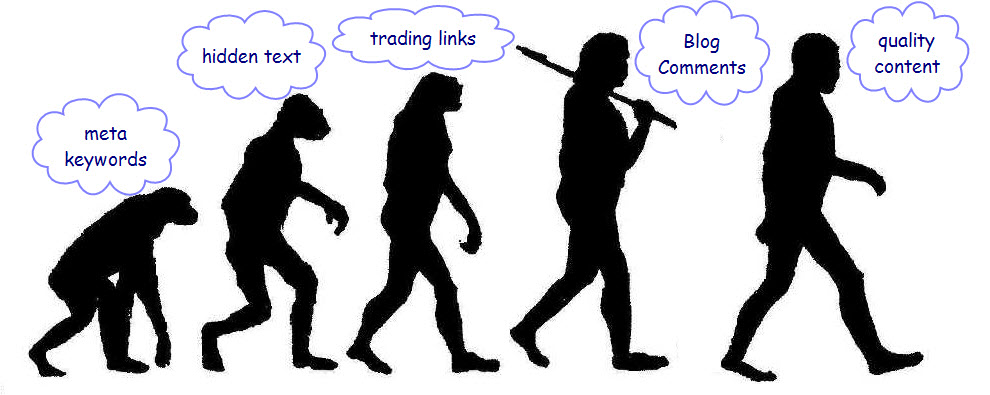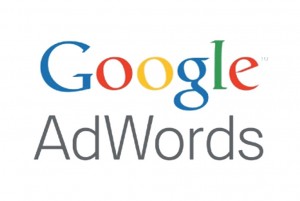How did you search this year? View the trending list for 2017.
Bryan Coe: Digital Marketing, SEO, Analytics, Soccer, Tech & German
By Bryan Coe
How did you search this year? View the trending list for 2017.
By Bryan Coe
I came across this post today and I really believe it is something everyone read. Ryan really nailed it!
“Yelp is a search engine. Facebook is a search engine. Twitter is a search engine. Amazon is a search engine. Quora is a search engine. Pinterest is a search engine. YouTube is a search engine. See where I’m going?”
And the way that the author’s girlfriend found furniture for their new apartment. Hint, it wasn’t Google.

Here’s a link to the post, happy reading: Why I Stopped Selling SEO Services and You Should, Too
By Bryan Coe
This spring Google Announced that mobile-search has surpassed desktop search in the US. Knowing this we as marketers need to evolve to understand how people are going online and what is driving their usage.
What micro-moments are driving engagement for your brand?
Check out the infographic from Google.
By Bryan Coe
 You may have heard the news from Google that they have updated their algorithm to include mobile-friendliness as a ranking signal. The update, which went into effect on April 21, 2015, will only affect organic search, NOT paid search/AdWords. In fact mobile-friendliness has been part of the AdWords quality score since 2011.
You may have heard the news from Google that they have updated their algorithm to include mobile-friendliness as a ranking signal. The update, which went into effect on April 21, 2015, will only affect organic search, NOT paid search/AdWords. In fact mobile-friendliness has been part of the AdWords quality score since 2011.
This was confirmed by Kate O’Donovan from the Google AdWords team in Dublin. She posted the announcement in the Google AdWords Help forum:
Starting Today, April 21 2015, we will be expanding our use of mobile-friendliness as a ranking signal. This change will affect mobile searches in all languages worldwide and will have a significant impact in our search results.
While this change will not impact your advertising campaigns, mobile friendliness has been an ads quality factor since November 2011
She also ended her post by stating it even more clearly:
Remember this update will not affect your AdWords performance or your individual Quality Scores.
What’s the take away from this? Well, if you haven’t updated your site to be mobile friendly and you’re running paid search ad campaigns with AdWords, you’re probably already taking a hit on your quality score for mobile ads. You can overcome this, but generally if you want to overcome poor quality scores, you will end up paying more for your clicks. But the most recent update to Google’s Algorithm will not change this.
Want to check if your pages are mobile-friendly? Google gives us a great tool for this: Google’s Mobile Friendly Test Tool. They’ve also created a guide to help you get your site mobile-friendly: Google Mobile Guide